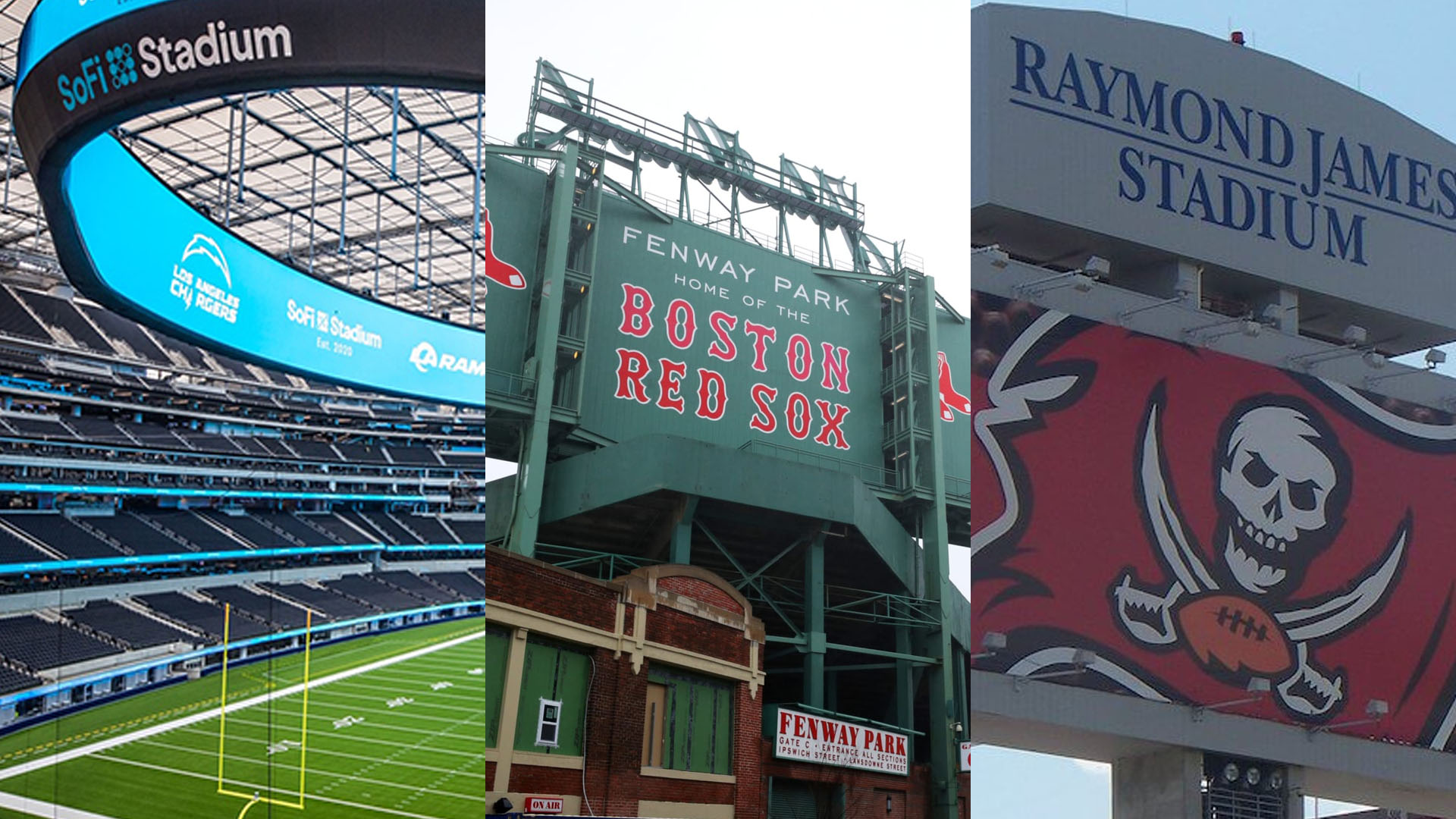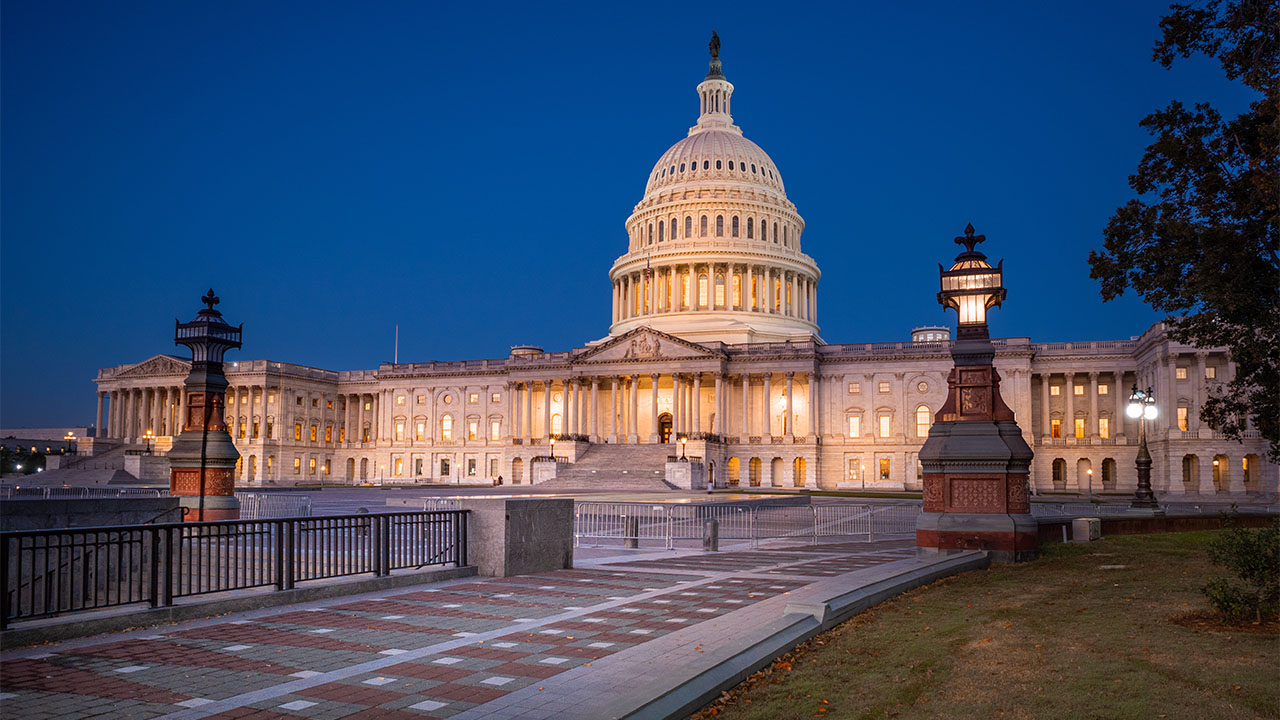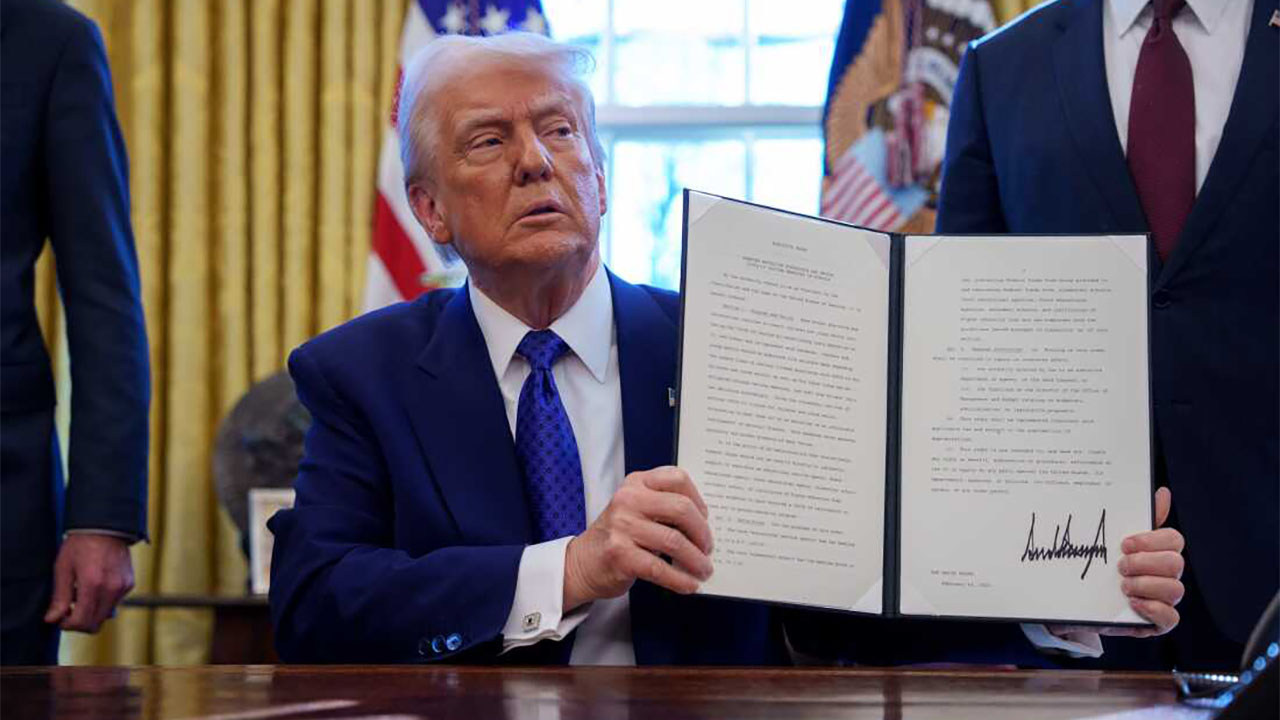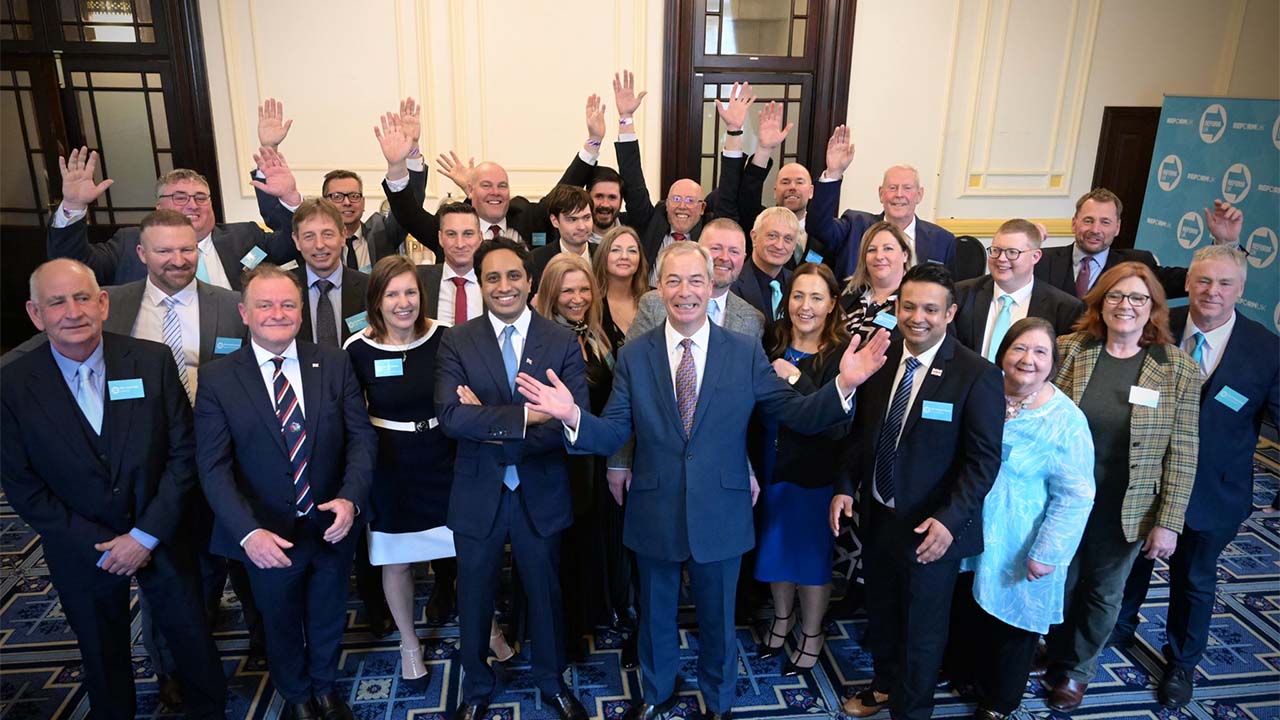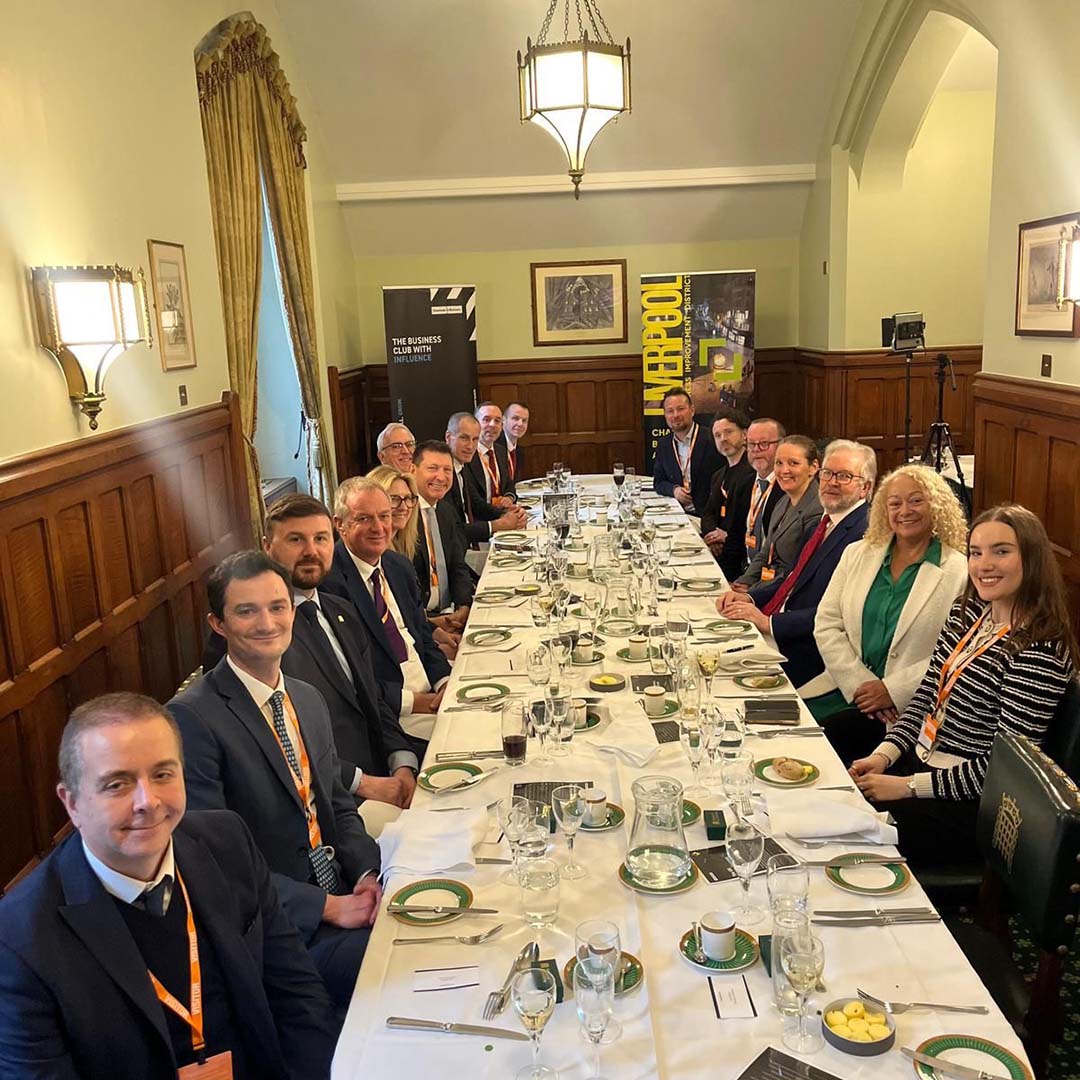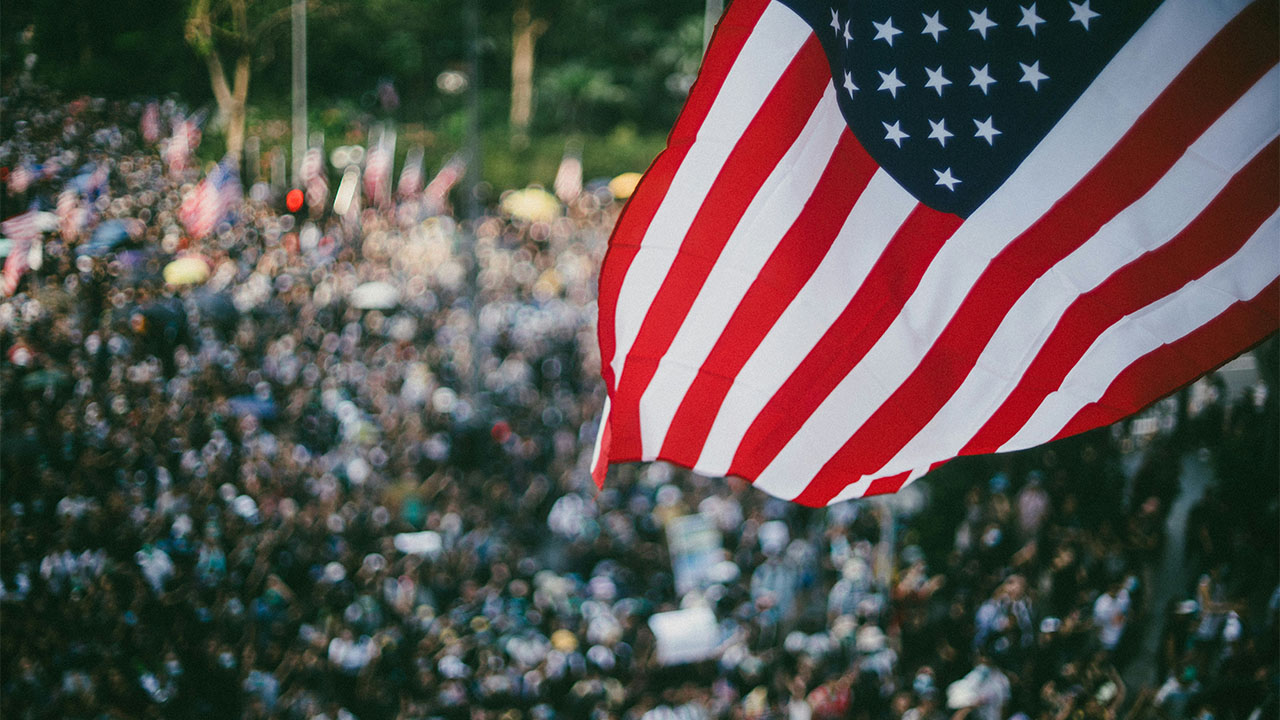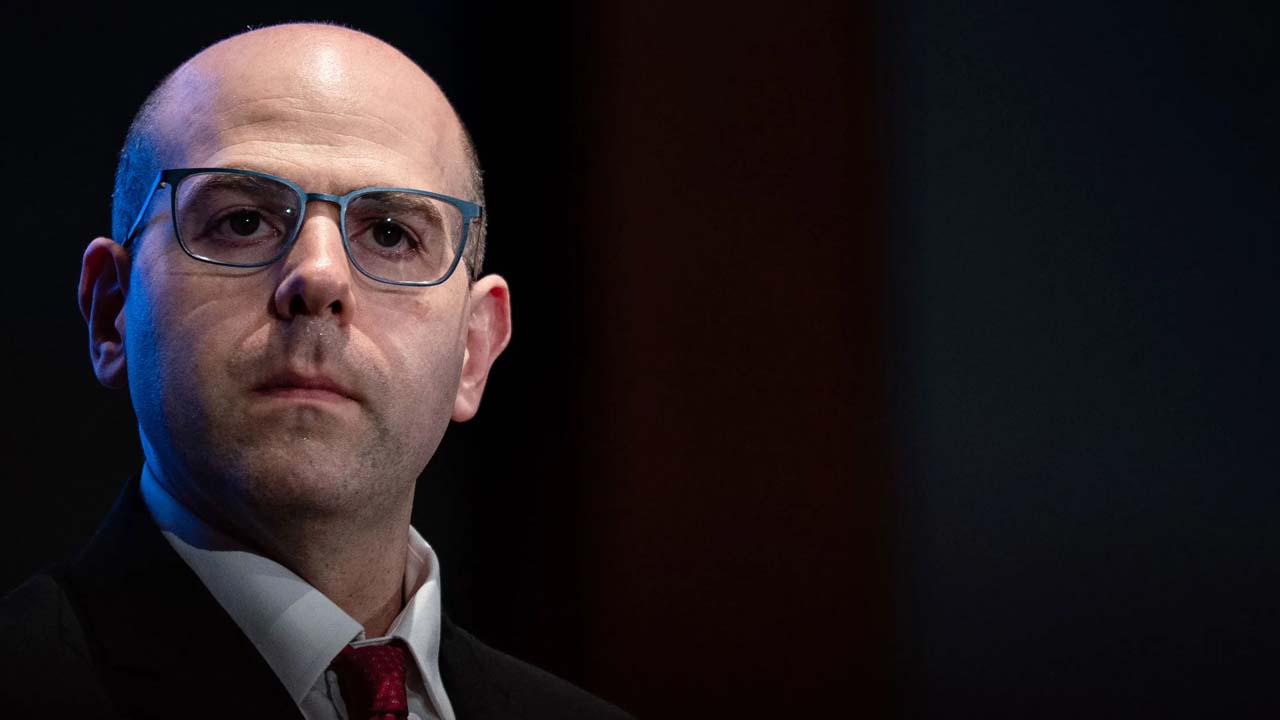Sadly, the Miami Red Birds vs the Shanghai Red Devils will not be coming to our screens anytime soon.
U.S. fans were largely disappointed to hear of the rapid demise of the European Super League and its proposed endless replays of the “Clash of the Soccer Titans”.
They were equally upset about the evaporation of their hope that fixtures would finally move to more socially acceptable kick-off times instead of our current 6am breakfast serving, where we are fed the Burnley Clarets vs the Southampton Saints with stodgy Chris Wood and Nathan Redmond where the fresh and fruity Cristiano Ronaldo and cordon bleu Lionel Messi could be.
And we were incensed by the UK football voices who have popped up on our screens – the Linekers and Nevilles – largely deriding the Super League as some ‘Americanization’ of the game, painting Yanks as too simplistic, naïve and lacking in sufficient emotional heritage to shape the game’s future.
Hmmm.
While there is some sympathy here for those clinging to the idea of the ‘beautiful game’ and its ‘fan base’ social construct – the overwhelming belief is that soccer is now a global product, allegiances are selective and temporary and influenced as much by FIFA game rankings, rosters of celebrity players and social media branding as they are by the town of your birth.
Hey, the day before the Super League story broke, my own club, Everton, launched a Global Growth Strategy based around a new U.S. office, Colombian superstars and sponsorship and licensing deals, so globalizing the game was already on everyone’s radar.
Outside of cities like Liverpool, Manchester and London, the view is soccer is now democratized and global consumers have as much ownership of the game as the ‘legacy’ English domestic supporter – whether that’s the armchair, prawn sandwich or season-ticket holder variety.
America is a culture which invented, embraced and accepted the sporting franchise model first.
Despite initial outrage when the Brooklyn Dodgers moved to L.A. 60-odd years ago, it is now such an accepted part of the business of sport that no-one comments when the Raiders swap Oakland for Los Angeles, return a decade later, only to then up sticks to Las Vegas last year.
Sport is quite simply a trillion-dollar entertainment product here in the U.S. and it has the business model to support that.
The cartel of owners who share these profits have secured near blanket coverage on TV, are untroubled by messy relegation or promotion battles destroying their brand equity, and they cash in on lengthy and valuable ‘post-seasons’ which culminate in traffic-stopping playoffs and finals, Super Bowls and World Series.
I’m sorry to tell the two Gary’s: “Sorry lads, American sports business is way more sophisticated than you could ever imagine.”
So, with the ownership of some of English football’s most-storied clubs now in the control of Stan Kroenke, JW Henry and Joel Glazer, why is anyone surprised?
After all Mr Kroenke took his St Louis Rams to Los Angeles, The Henry’s are big noises in the Boston Red Sox franchise and the Glazer family own the Tampa Bay Buccaneers, current Superbowl champs.
At the allegation of naivety, U.S. colleagues shrug and say: “You are the ones who sold your beloved clubs to these guys, why are you surprised they want to adopt the model which created their billions in the first place?”
Fair point. And if they made a killing once, of course they would be back for more.
The new Super League founders, as well as being instantly beloved of sponsors, shareholders and viewers worldwide, would also have had their sights on control of the truly lucrative elements of sport – the data, the trademarks, and the broadcast and licensing deals.
And once a European Super League had been established, of course new expansion teams based in Miami and Los Angeles would follow. Next stop Shanghai and Delhi.
And as to who is being naïve, the rash of ‘mea culpa’ pre-recorded statements from John Henry and others have started. They are wisely playing the ‘Dumb American’ card – positioning this as a little hiccup because ‘we just simply didn’t understand your English cultural concerns’. Silly ol’ us.
But the reality is these aren’t modern day Beverly Hillbillies – rich but steeped in down home, old-fashioned good intentions – these are ruthless business people.
There have been armies of lawyers, financiers and advisors poring over these plans for months before the infamous zoom calls started. Who seriously thinks one of the world’s largest banks J.P. Morgan would invest $5 billion into an idea without a business plan?
So, Is it inevitable? Probably. Can it be stopped? Possibly. The Super League may have lost this initial battle, but this war is going to rage on.


